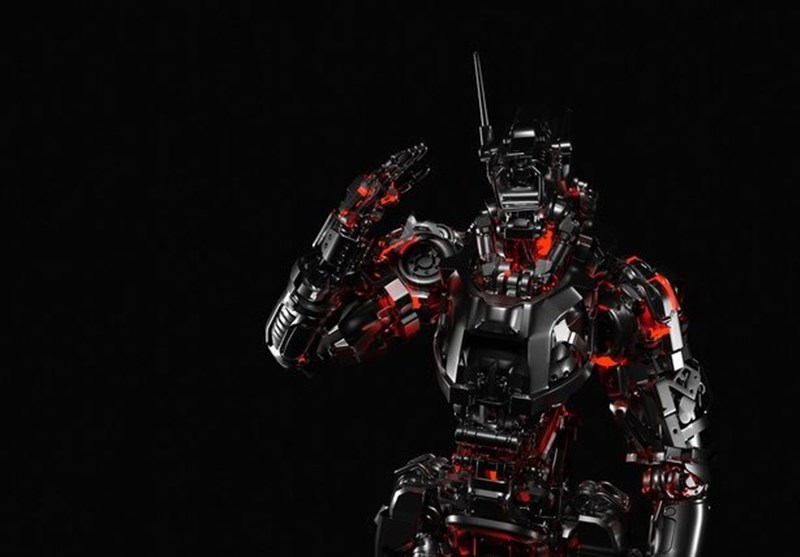In the rapidly evolving landscape of artificial intelligence (AI), the words of industry pioneers carry significant weight. Recently, Geoffrey Hinton, a renowned AI researcher and considered one of the “Godfathers of AI,” has raised critical concerns over the potential disruptions AI could bring to the job market. His insights offer a significant jumping-off point for discussions on the future of work, the pace of technological advancement, and our preparedness to adapt to these imminent changes.
The Impact of AI on Employment
The development and deployment of AI technologies have grown explosively over the last decade, leaving many to wonder how these advancements will impact jobs across various sectors. Geoffrey Hinton has emphasized that while AI promises numerous benefits such as efficiency and new solutions it also poses a dire threat to traditional employment structures.
- Routine tasks are becoming increasingly automated
- AI systems are capable of outperforming humans in specific areas
- Industries ranging from manufacturing to services are seeing rapid changes
These points highlight the dual-edged nature of technological progress. While AI can elevate productivity, it inherently threatens conventional jobs, particularly those involving repetitive and predictable tasks.
Industries Facing Disruption
Several industries will likely feel the brunt of AI-driven disruptions, leading to significant shifts in employment dynamics. Among these, transportation, retail, and manufacturing stand out.
Transportation
The advent of self-driving technology is reshaping transportation. Companies like Tesla, Uber, and Waymo are investing heavily in autonomous vehicles, which could reduce the need for human drivers. This presents a substantial challenge for millions employed in driving-related occupations globally.
Retail
AI’s ability to manage inventory, optimize logistics, and even assist with customer queries through chatbots could potentially reduce the need for retail workers. Amazon’s automated checkout technology illustrates this trend, allowing for cashier-less stores that use AI to streamline shopping experiences.
Manufacturing
In manufacturing, robotics powered by AI have already begun to replace human labor, particularly in assembly lines where precision and efficiency are paramount. This shift raises concerns about job losses for skilled laborers previously essential to production processes.
Preparing for the Future
Hinton’s warning isn’t simply a grim prediction; it’s a call to action, urging policymakers, businesses, and educational institutions to take steps to mitigate the potential negative impacts of AI.
Upskilling and Reskilling
To counterbalance potential job losses, there is an urgent need for widespread upskilling and reskilling initiatives. Educational institutions and employers must collaborate to develop programs that arm individuals with the skills required for an AI-driven future.
- Emphasizing STEAM (Science, Technology, Engineering, Arts, Mathematics) education
- Encouraging continuous learning and professional development
- Providing access to online courses and training programs
Policy Interventions
Government intervention can also play a crucial role in smoothing the transition to an AI-centric job market. Policy measures might include:
- Implementing universal basic income to support displaced workers
- Creating incentives for companies investing in human-AI collaborative systems
- Ensuring fair labor practices in fields heavily affected by automation
Fostering Human-AI Collaboration
Instead of viewing AI as a direct replacement for human labor, it’s beneficial to explore how humans and AI can collaborate effectively. Doing so can lead to more robust and innovative workplaces, where AI handles tasks suited to its precision, while humans leverage their unique ability to handle complex decision-making and emotional intelligence.
- Promoting roles that involve overseeing AI systems
- Focusing on jobs requiring creative and interpersonal skills, which AI cannot easily replicate
- Encouraging partnerships between AI developers and traditional industries to create integrated solutions
Conclusion
The insights offered by Geoffrey Hinton should not just incite fear but inspire action. While the impacts of AI on the job market are indeed daunting, there are pathways to harness these changes to our advantage. By committing to reskilling efforts, advocating for sound policy, and fostering environments of human-AI collaboration, society can navigate this disruptive wave more effectively. As we stand on the brink of another industrial revolution driven by artificial intelligence, forethought, and preparation are our best tools to ensure a prosperous future where both technology innovates and humankind thrives.
Subscribe to keep reading
It’s a subscribers only post. Subscribe to get access to the rest of this post and other subscriber-only content.







